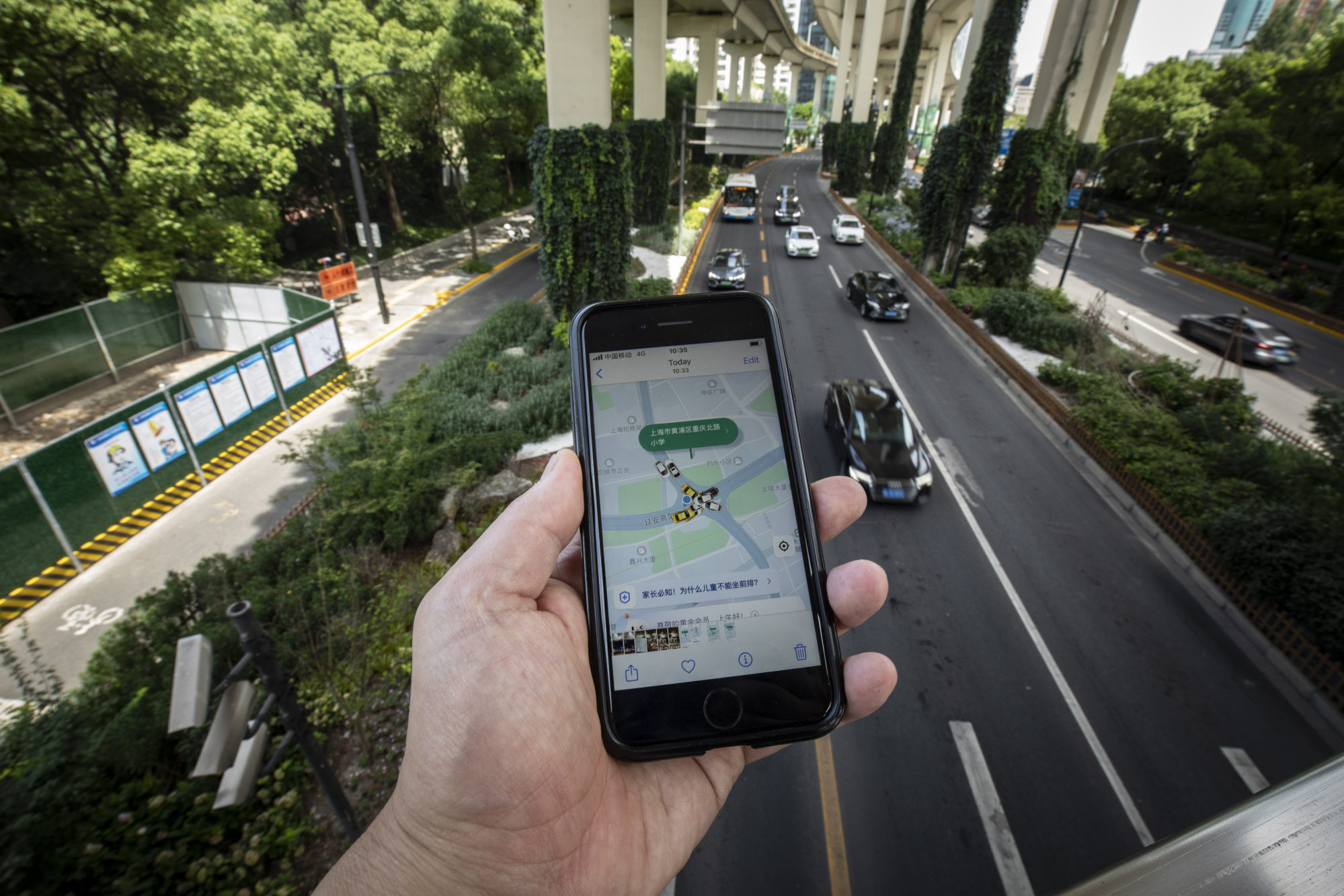
Ride-hailing giant Didi Global narrows losses despite China’s cybersecurity fine, Covid-19, as overseas business grows
- The Beijing-based company has released its first annual report since it delisted from the New York Stock Exchange last year
- Net loss declined 52 per cent to 23.8 billion yuan, even as revenue fell 19 per cent to 140.8 billion yuan, as users took fewer rides
Chinese ride-hailing giant Didi Global saw its net loss narrow by more than half last year despite the impact of intermittent Covid-19 outbreaks and an unprecedented fine imposed by the country’s cybersecurity regulators.
Revenue declined 19 per cent to 140.8 billion yuan in 2022 from 173.8 billion yuan in the previous year, as users in China took fewer rides during Covid-19 outbreaks in the second and fourth quarter, Didi said.
Partly because of the fine, Didi’s China mobility segment last year recorded a 1.5 billion yuan adjusted loss before interest, tax, depreciation and amortisation, compared with 6.1 billion yuan adjusted earnings in 2021, the company said in its report.

Amid business headwinds in China, Didi said it managed to expand its international business, which consists primarily of ride-hailing and food delivery services. While gross transaction value dropped 20 per cent in China in 2022, it grew 32 per cent overseas.
However, Didi’s Chinese operations are showing signs of recovery in the first months of this year. In March, Didi recorded an average of 28.2 million daily transactions, representing a 42 per cent year-on-year increase, the firm said.
The company also debuted a new business named Kargobot, which will integrate its autonomous driving capabilities with logistics and freight transport.

Didi’s push into autonomous driving dates back to 2016, when it set up a dedicated unit.
In 2020, the company started allowing users to hail self-driving cars in designated areas in Shanghai, and launched an automated operation and maintenance centre in the city earlier this year, offering battery charging for autonomous vehicles, repairs and parking.
It made the service available in part of Guangzhou, capital of southern Guangdong province, in March this year. Meng Xing, chief operating officer of Didi’s self-driving unit, said in April that the areas for such operations in Shanghai expanded seven-fold between 2020 and 2022.
As of the end of March, Didi had 587 million annual active users and 23 million annual active drivers worldwide, the company said.


